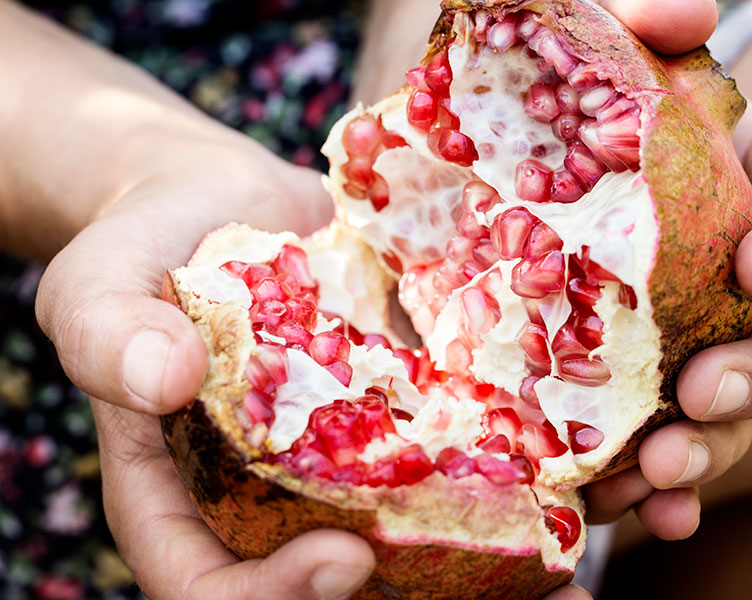Myth: Higher fibre foods cause blockage
This is not the case. While it is true that higher fibre foods like sweet corn, mushrooms and peas can increase your output or produce more wind, they will very rarely cause blockage.
What can cause problems, however, are large servings of high fibre foods combined with little or no fluid. The keyword here is moderation. If you take a careful approach to eating higher fibre foods, there is absolutely no reason to avoid them altogether.
Myth: Fish and sprouts cause more odour
It is true that some foods such as fish and sprouts produce more odour - but as the odour is concealed within your ostomy pouch, there is no reason to avoid eating things like fish or sprouts.
Keep in mind that you only experience the odour when you are alone, emptying your pouch. If you worry about leaving an unpleasant smell in the cubicle, it may be a good idea to carry an odour control spray.
Myth: Gluten makes you bloated
Gluten is a protein, which can be found within flour-based foods such as bread or pasta. Gluten also has a reputation of causing overweight and making you feel bloated. However, there is good reason not to consider this reputation to be true. Firstly, gluten is a part of balanced diet, and therefore it is not recommended that you cut it out of your diet unnecessarily.
Secondly, if you do in fact feel bloated or have excessive wind from eating gluten, it is probably not due to the gluten per se - but because you are one of the 20% of the population with irritable bowel syndrome. This is something that can be treated so do not hesitate to contact your general physician if you experience some of the symptoms above after eating foods containing gluten.
Myth: Dairy causes indigestion
This is not necessarily the case. When people with an ostomy find that dairy causes digestive problems, it is often because there has been some disruption to their bowel - perhaps due to an infection or inflammatory bowel disease.
These problems usually go away after a while, and thus it is a bad idea to cut dairy out of your diet, as it is a good source of calcium and protein. If you are not able to tolerate dairy, look for alternatives such as lactose free milk - or calcium-enriched foods.

What to do in case of blockage
A common fear in regards to certain foods is the fear of getting blockages, where the food gets stuck higher up in the larger bowl, thus causing the ostomy to stop working. Apart from the ostomy not working, other signs of blockage include Colic, bloating, nausea and vomiting.
First of all it is important to stress, that relatively few people with an ostomy experience blockage. And those who do only do so one or two times. If you do experience signs of blockage, do not hesitate to speak to your ostomy care nurse or consultant. Until you get help, you can relieve some of the pain by drinking lots of fluid, gently massaging your tummy or use a hot water bottle.



